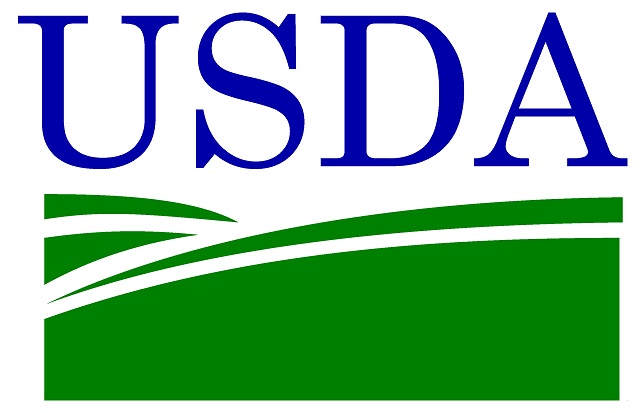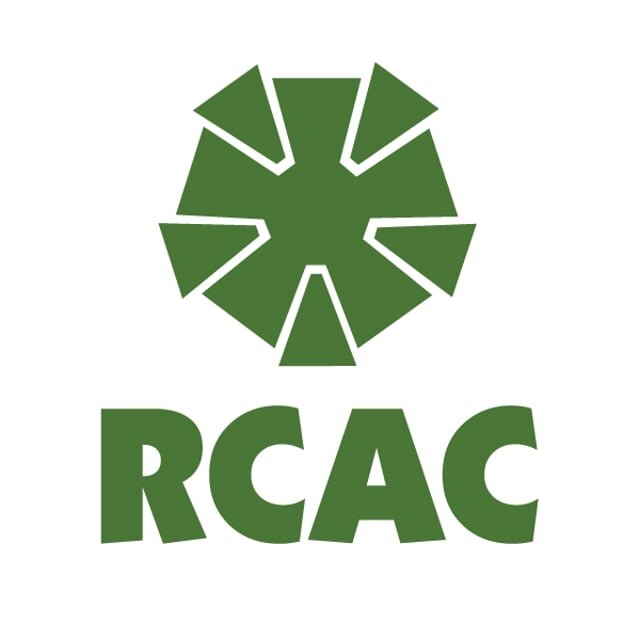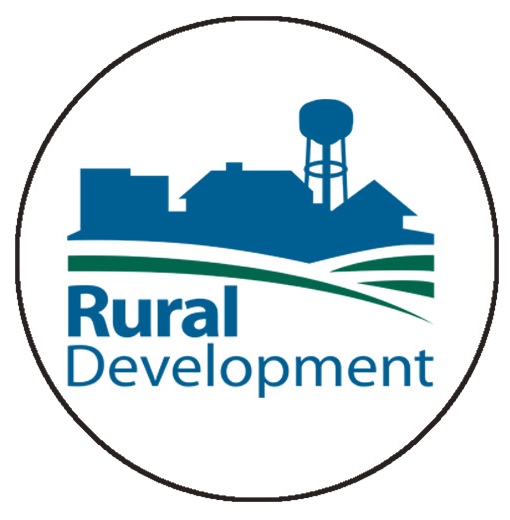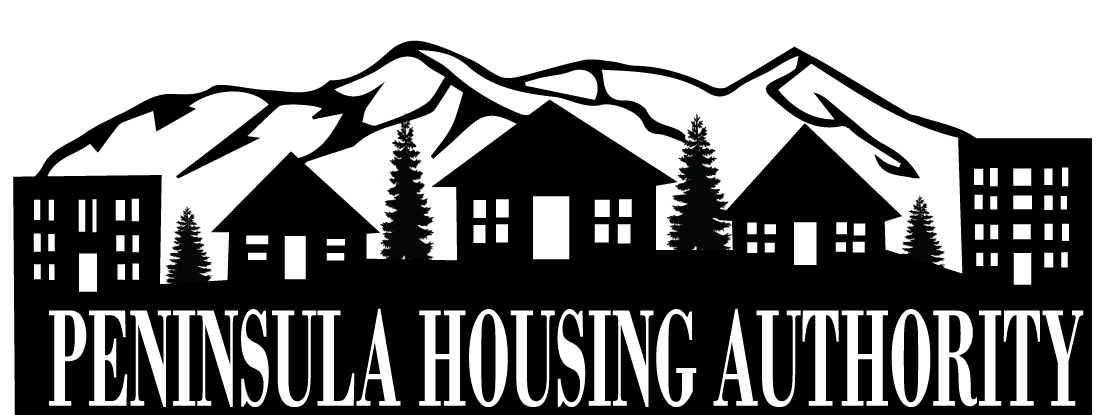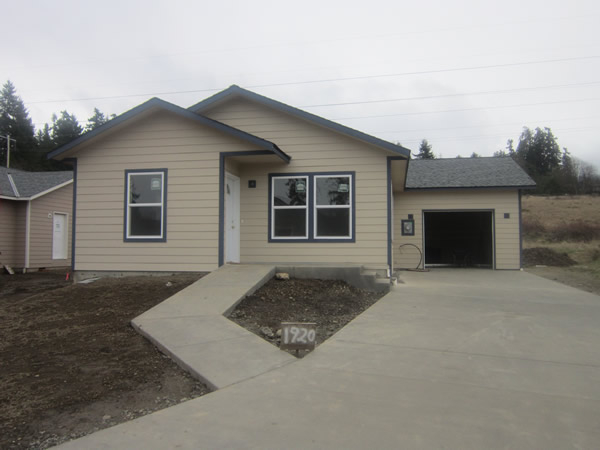Affordable Homeownership Through Sweat Equity
When one of the pioneer families wanted to build a house or barn, they gathered the whole community and everyone pitched in to make the dream a reality. Today, Mutual Self-Help Housing utilizes the same concept that, by working together, families can build homes and neighborhoods.
Groups of 6-12 qualifying participant households are formed who work together to build all the homes in the group. Our program staff provides guidance, training, and supervision the whole way: from loan process all the way through construction to move in!
No construction experience necessary!
Start your path to homeownership today by calling 360-452-7631 Extension 302 or emailing dthomason@peninsulapha.org for information and application packet.
What Makes It Affordable?
Program participants secure construction funding with a 502 Direct Loan through USDA Rural Development. This mortgage product offers up to 100% financing with $0* Down Payment requirement and lower-than-market interest rates. Mortgage payments may be subsidized** based on household income to ensure affordability. With participants providing a majority of the construction labor, final home purchase costs are kept lower than similar new construction homes in the housing market.
*Down Payment required for households with non-retirement assets in excess of $15,000
**Subsidy amount is subject to recapture at the end of loan terms or should household no longer use property as primary residence.
What is Sweat Equity?
The group members perform 65% of the construction work during the building process, keeping the overall costs of home construction low. However, the value of the home being constructed will be that of similar homes on the market. The difference between the value of the home vs. construction costs is known as “Sweat Equity.”
A participating household is required to commit up to 32 hours per week until all homes are complete, which is an estimated timeframe of 12 to 18 months. There are no exceptions in completing the weekly required hours. Volunteers can help with a portion of required weekly hours, however if your volunteers do not show up, you will be responsible for all your weekly hours. Building Partners are allowable for person(s) with disabilities, please contact us for more information if Building Partners are needed.
How Do I Know if I am Eligible for the Program?
Program and loan eligibility look different for every household. Key factors in determining eligibility are:
- Household income is below the Income Limit defined by USDA Rural Development
- 2+ year employment/income history (those entering workforce after schooling/training may qualify with verifying job prospect from employer)
- Decent credit history (those with no credit history have options for alternative credit)
- Low Debt-to-Income ratio for current debt liabilities
- Document current housing expense (I.E. rent)
- Qualifying max loan is sufficient to cover the estimated construction budget of home being built
Program staff will counsel ineligible applicants on pathways towards eligibility. All households are encouraged to submit an intake application for a free eligibility review.
Interested In Volunteering?
It takes a village they say, and what better way to give back than to help create a neighborhood!
Volunteers 16+ are welcome and encouraged to help in all phases of construction. There is no experience necessary! Our site staff and group participants will help those willing to learn the skills along the way.
If you would like to learn more or schedule a time to volunteer, please contact our group coordinator at 360-452-7631 ext 302 or dthomson@peninsulapha.org.
Peninsula Housing Authority
Mutual Self-Help Program
(360) 452-7631 ext. 302
This Program In Partnership With:
